The Bard is one of the most underappreciated classes in Dungeons & Dragons 5E, and, in turn, it’s quite useful in Baldur’s Gate 3 as well. It functions as a pure support caster that uses Charisma to work its music. Their spell list is low damage but high utility, featuring many buffs and debuffs for combat and several problem-solving spells for out-of-combat. It is also one of the few classes that can learn Healing Word, a critical healing spell for an optimal party.
In a creative group, the Bard can easily handle most skill checks and raise the party’s damage ceiling significantly. However, if you want to be strong a fighting early, it’s important to work towards level three early by killing Commander Zhalk and advancing towards your College!
Best races for the Bard in BG3
The best race you can pick for a Lore and Swords Bard is the Human or High Half-Elf. Both of these colleges benefit greatly from the extra utility offered by these races, as well as the Shield proficiency inherent to the race. For the College of Valor, your best bet is Half-Orc. Half-Orc, with their free Intimidation, gets to use their Savage Strikes to deal damage and Relentless Endurance to stay alive and heal allies.
The three colleges each offer distinct defensive abilities that give some races an edge over others. The College of Lore grants no bonus armor proficiency over the Light Armor that Bard gets. The College of Swords gets Medium Armor proficiency, and the College of Valor gains both Medium Armor proficiency and shield proficiency. Because of that, races have hugely different mileage based on which college you plan on choosing.
Here are the cases for each class we think work well with Bard:
- Human and High Half-Elf each provide Shield Proficiency, a bonus the Bard is sorely lacking. A +2 to AC is crucial for the caster, so getting it from your race is gigantic. The extra utility that the classes bring—a free skill for the Human and a cantrip, darkvision, and some effect resistance for the Half-Elf—work together with that shield proficiency to turn your Bard into a relevant combat master.
- Half-Orcs bring the College of Valor Bard Intimidation, Savage Attacks, and Relentless Endurance. A skill, critical hit damage on a class that can give extra dice of damage to weapons, and a defensive ability that can keep your healer standing… very, very good.
However, many other races can make the Bard shine just as brightly. Here are some examples of inherent synergies:
- Shield Dwarves and Githyanki provide Medium Armor proficiency, something a Lore Bard is missing out on.
- Deep Gnomes and Duergar provide 24m (80ft) of Darkvision, allowing the bard to see and lock down threats with enchantment spells before most party members can spot them.
- The Asmodeus Tiefling provides a more aggressive cantrip in Produce Flame, since the Bard is otherwise stuck using bows or Vicious Mockery. If you don’t want to invest in Dexterity but do want to provide ranged damage, that’s what you need.
- High Elves and Wood Elves provide utility in their excellent ranged options. Longbows deal massive damage with great range, perfect for a long-ranged Bard. High Elves add to utility through another cantrip, while Wood Elves are better for combat, adding another 1.5m (5 ft) of movement speed to your walk.
Best ability scores for the Bard in BG3
Your standard ability score layout for the Bard in BG3 should be Strength eight, Dexterity 16, Constitution 14, Intelligence eight, Wisdom 12, and Charisma 16. A Bard who plans on taking the Actor feat at level four can drop Wisdom to 10 and raise Charisma to 17. A Bard who does not wish to perform melee combat but still benefit from Medium Armor can put their Dexterity to 14 and Constitution to 16.
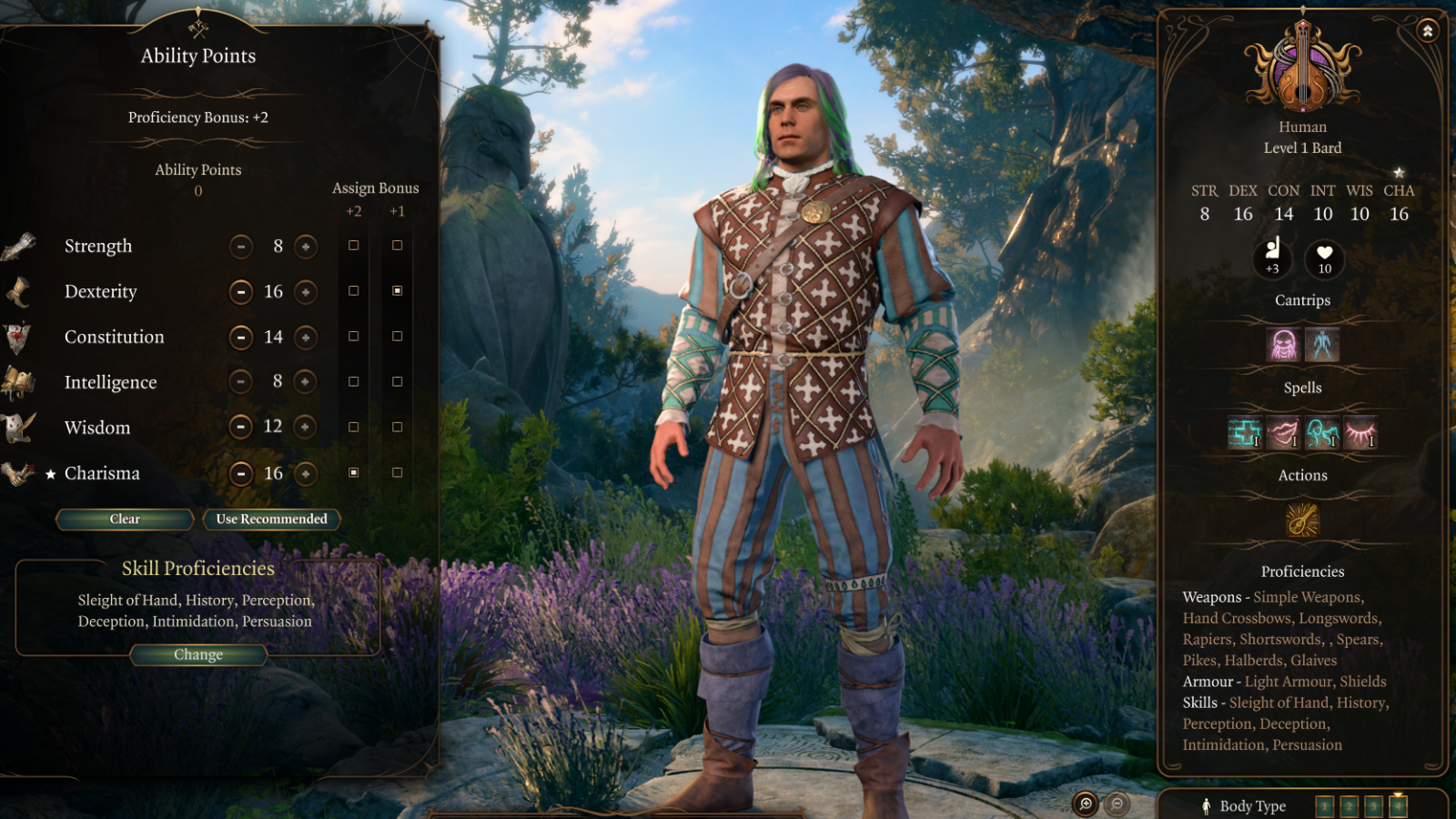
Here’s a quick rundown of stats for you to think about.
- Charisma is needed for Bard more than any casting stat is needed for any other class in BG3. Charisma fuels both your spell attacks and DCs as well as your Bardic Inspiration, your bread-and-butter. You need high Charisma to be a good bard. 16 is our recommendation. However, if your goal is to get Actor at Level four, then you can feel free to dump Intelligence to pump your Charisma that one point further.
- Dexterity is wanted for weapon attacks since the Bard’s consistent cantrip of Vicious Mockery does a pitiful 1d4 damage. Most Bard subclasses, like Valor and Lore, want you to be in melee with a Finesse weapon in hand. Valor and Lore also gain Extra Attack once you reach level 6, which means that weapon attacks will vastly outpace the damage of even good cantrips like Firebolt. Dexterity is also necessary for Initiative, which will let you put Bardic Inspiration and other buffs on allies before enemies can move to intercept you. Or, you can lock down an enemy with Tasha’s Hideous Laughter or Hold Person before they can even start to fight back.
- A Paladin/Bard multiclass might want to consider 16 Strength, 10 Dexterity, and eight Intelligence instead of the above scores. If you can get Heavy Armor proficiency, you can use Strength and the stronger selection of Strength weapons instead.
- Constitution is needed for your health and concentration checks. A Bard who particularly wants to avoid using weapons, like a Githyanki Lore Bard, can consider keeping this at 16 and dropping Dexterity to 14.
Related: How Concentration works in DnD 5E
- Strength, Intelligence, and Wisdom are largely unused by most Bard builds. Wisdom is the only stat you should consider raising above 10, and that’s only because it is useful for saving throws. More things target Wisdom than Strength and Intelligence, unfortunately.
Others Asked
What are the recommended ability scores for a Rogue in Baldur's Gate 3 according to the game, and why might a player choose to adjust them?
The game recommends the following ability scores for a Rogue: Strength 8, Dexterity 17, Constitution 14, Intelligence 13, Wisdom 13, Charisma 10. A player might choose to adjust them by moving points from Intelligence to Charisma to enhance dialogue interactions and open up more interesting role-playing opportunities.
What are the recommended ability scores for Paladins in Baldur's Gate 3?
The recommended ability scores for Paladins in Baldur's Gate 3 are Strength: 16, Dexterity: 10, Constitution: 14, Wisdom: 10, Charisma: 16, and Intelligence: 8.
What are the three most popular races among Baldur's Gate 3 players?
The three most popular races among Baldur's Gate 3 players are Half-Elf, Human, and Elf.



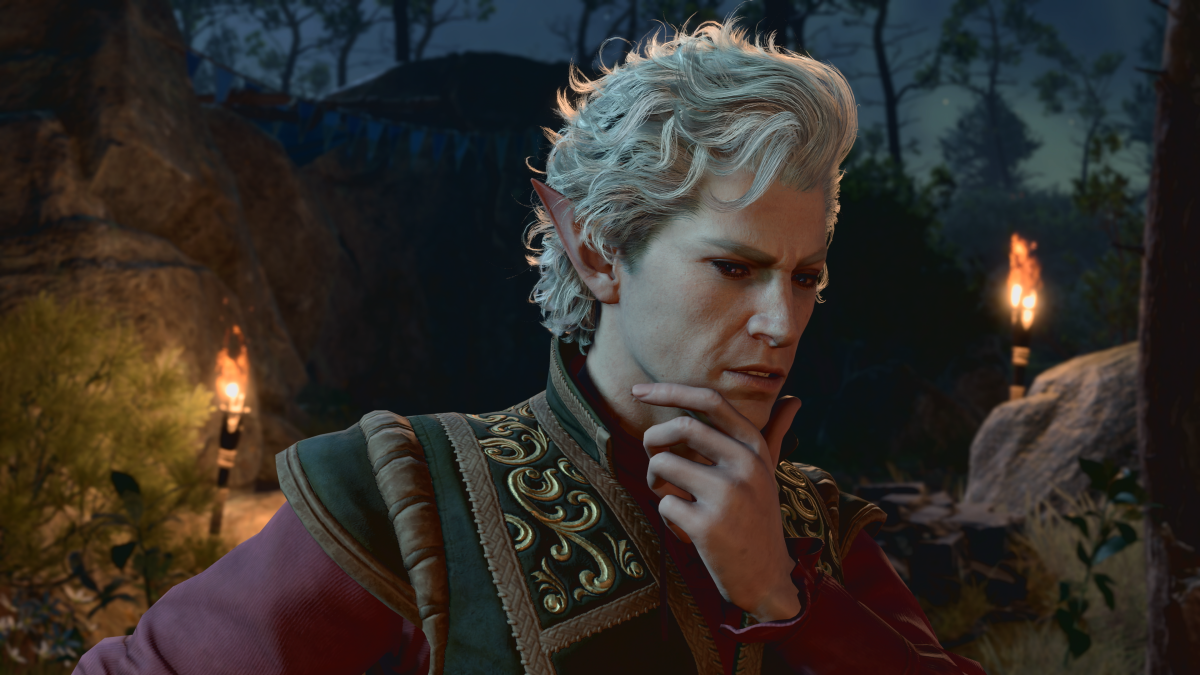


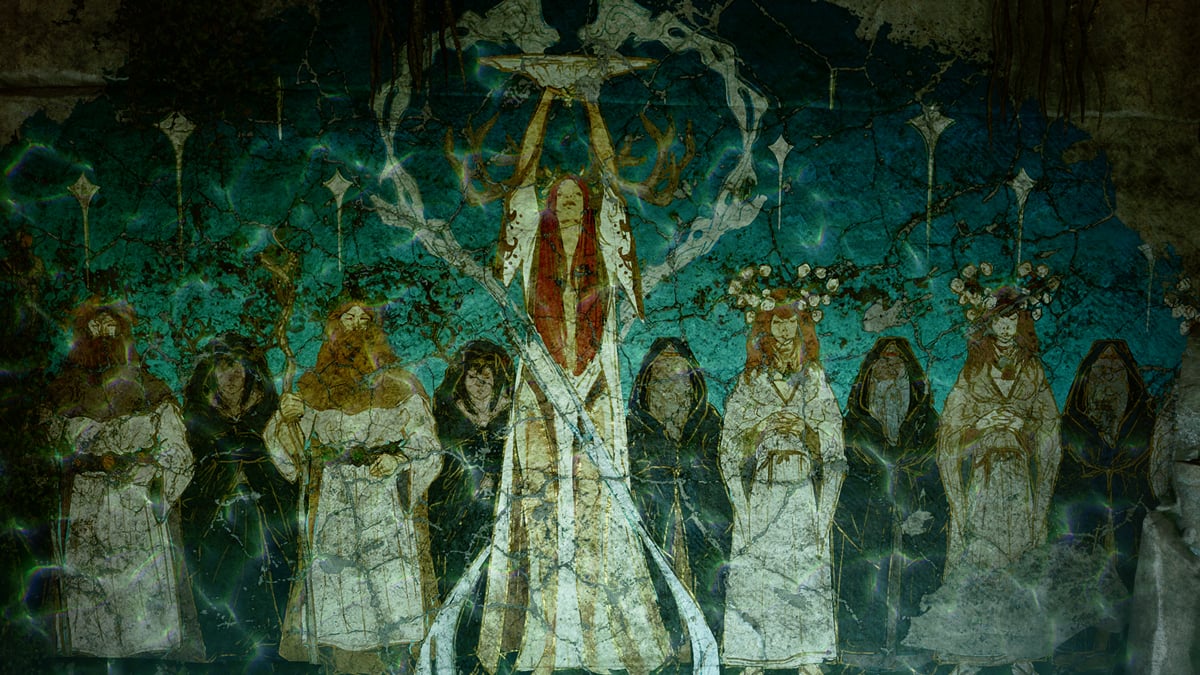
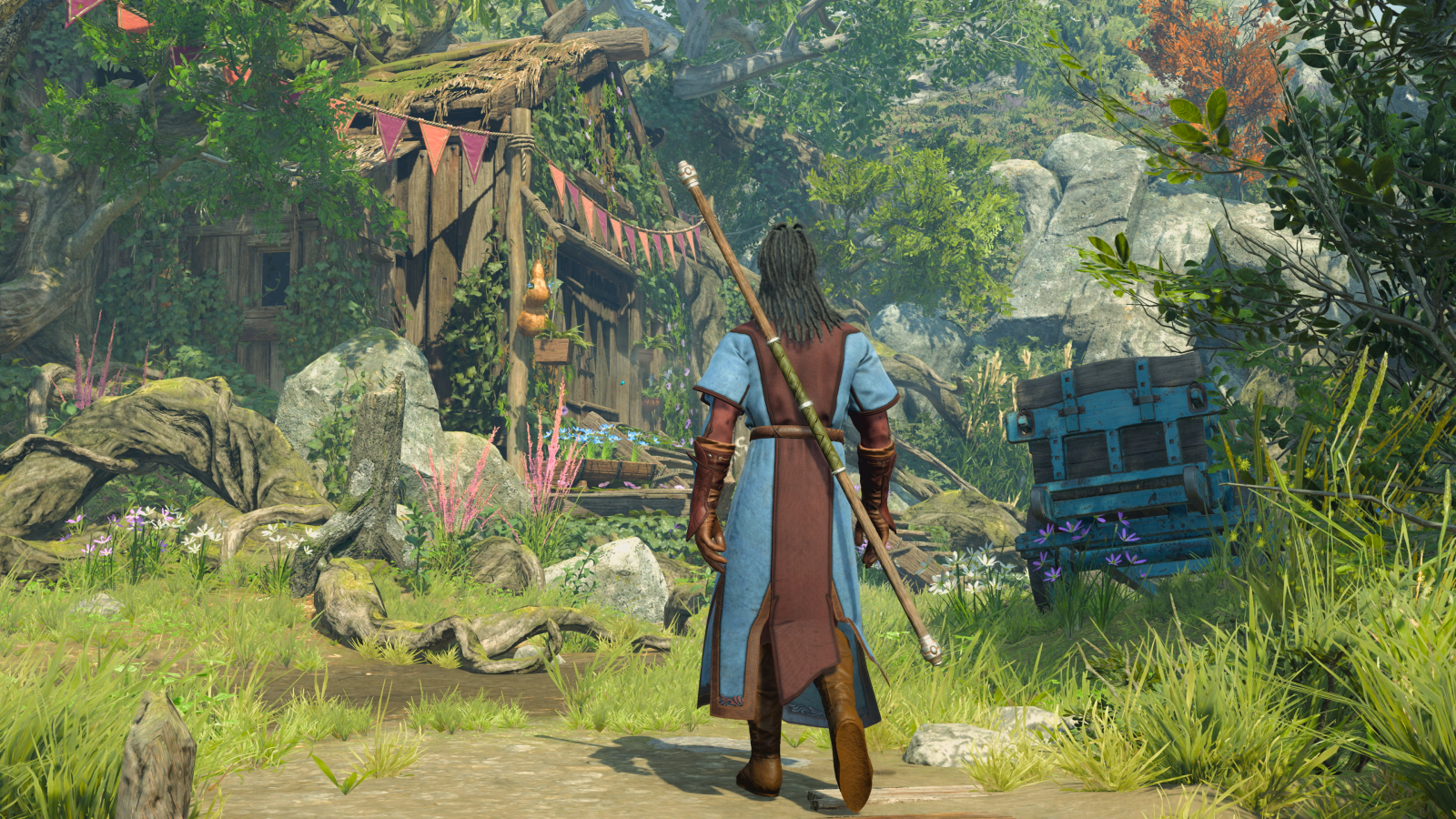



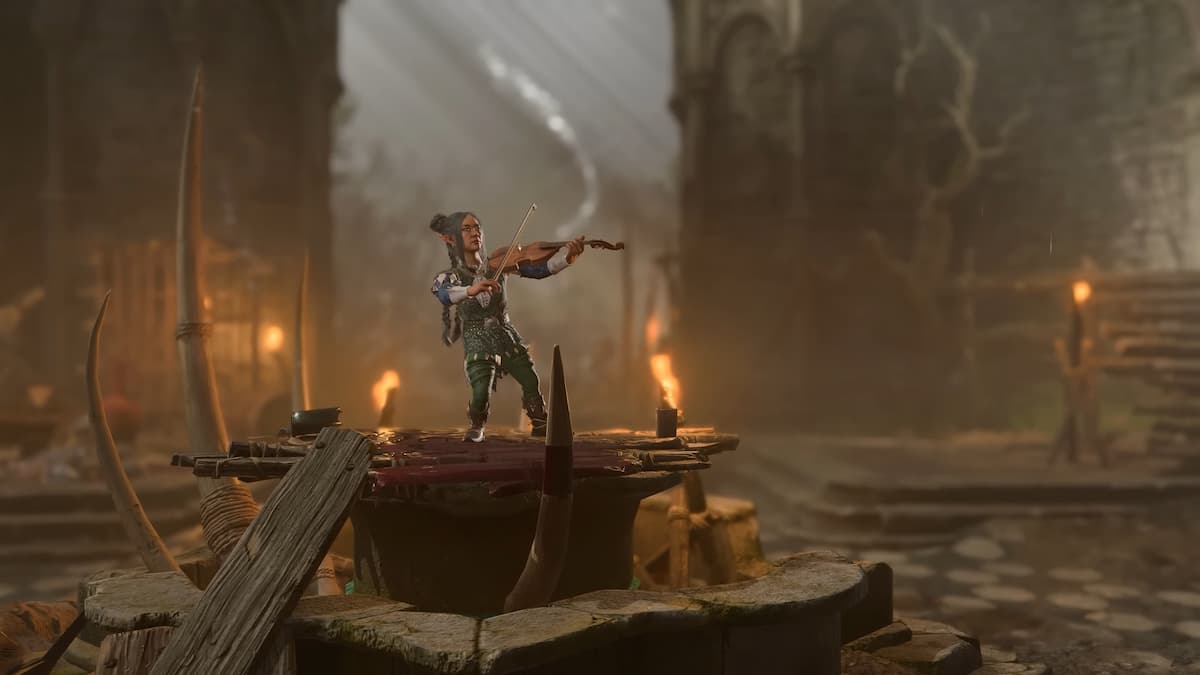
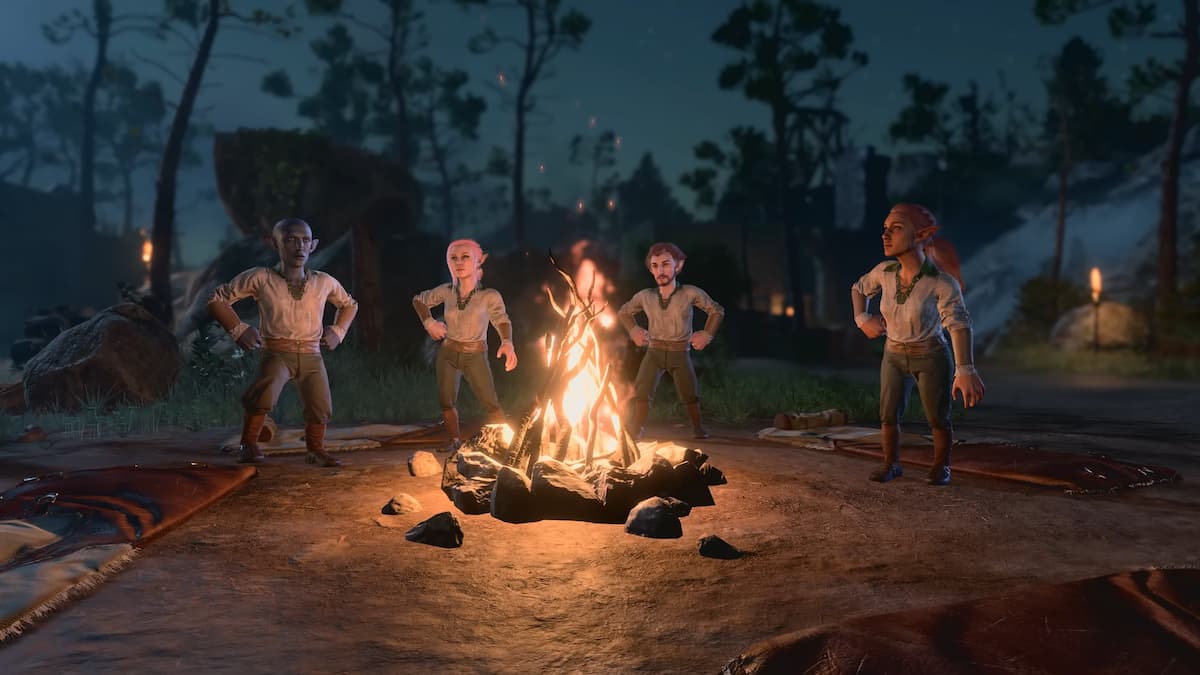
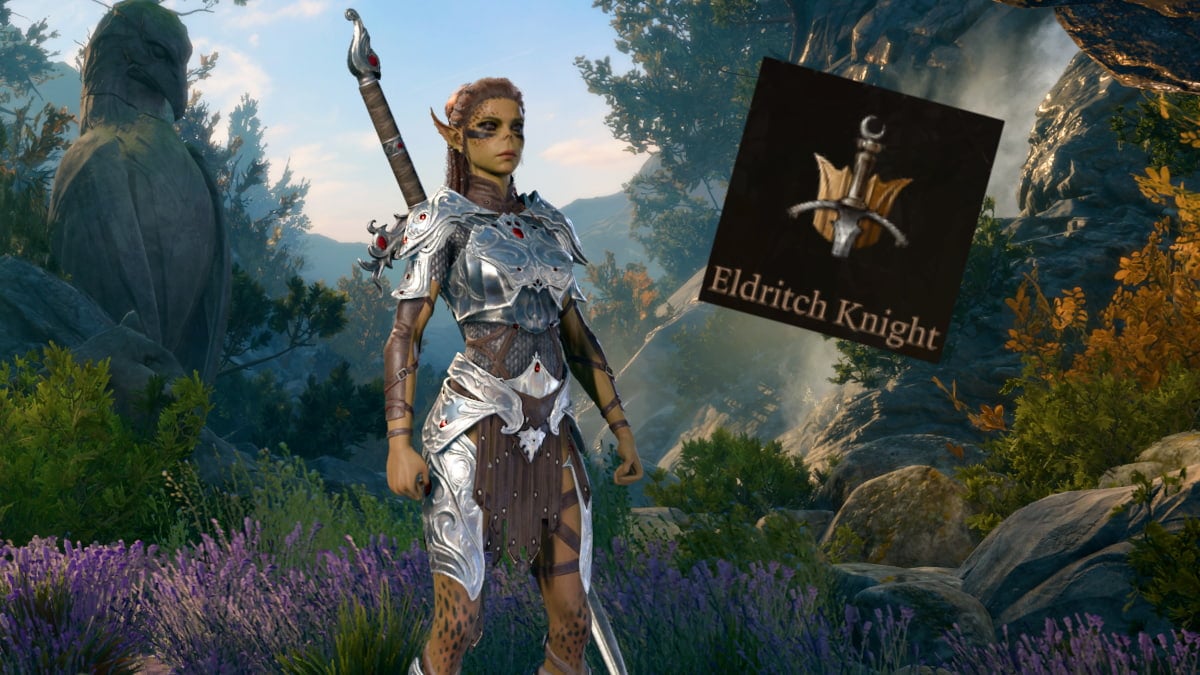

Published: Aug 6, 2023 04:41 pm